William Shakespeare Poems

| William
Shakespeare April 1564 – April 23, 1616 English poet, playwright, and actor |
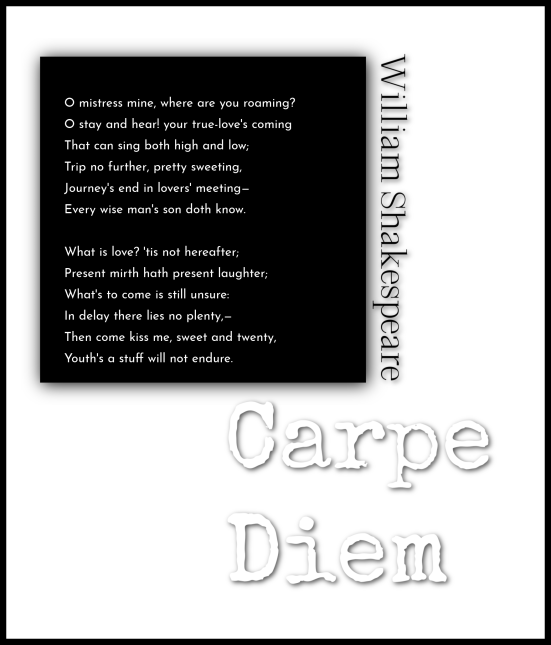 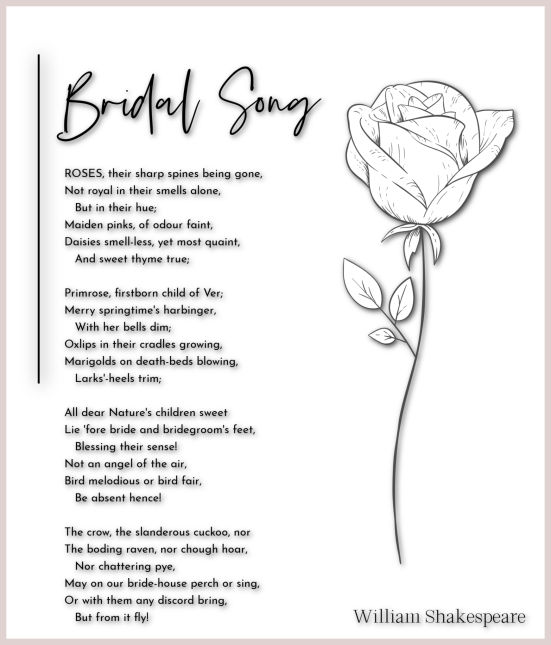 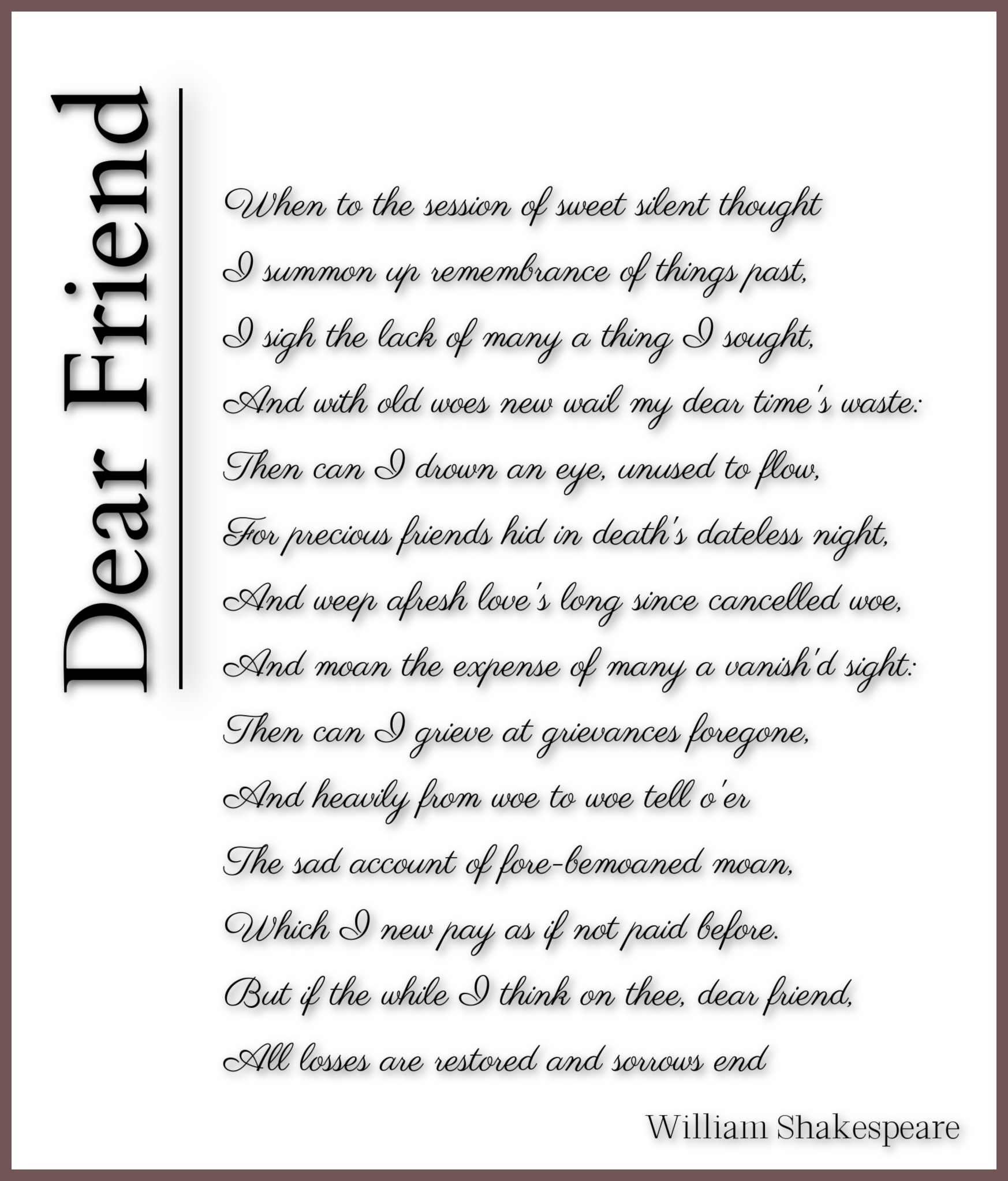 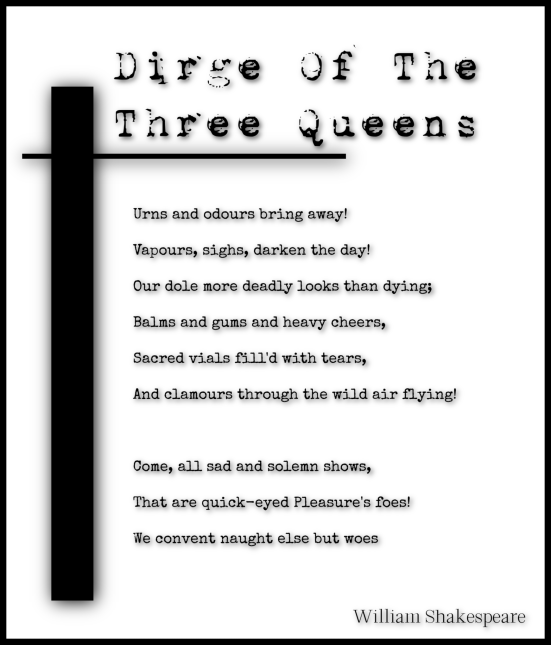 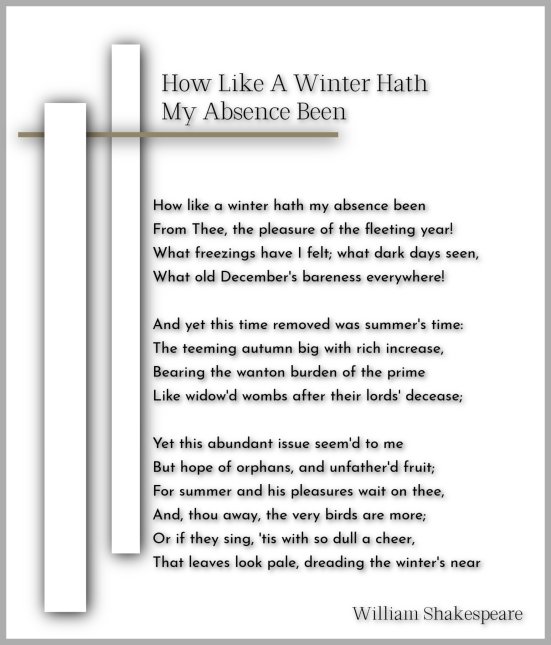 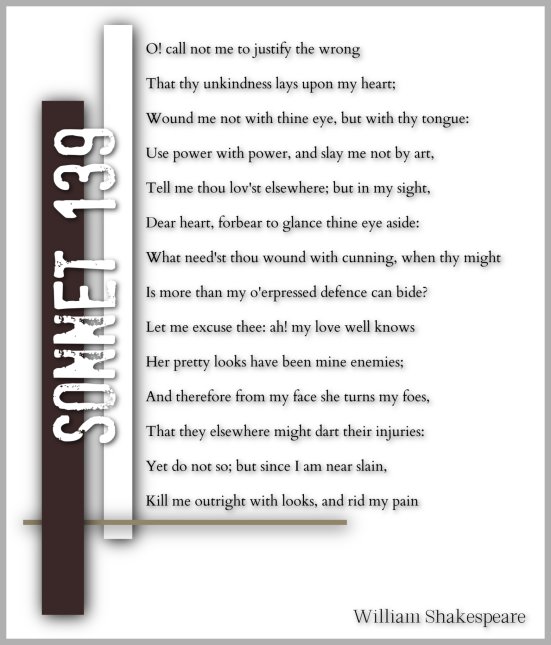 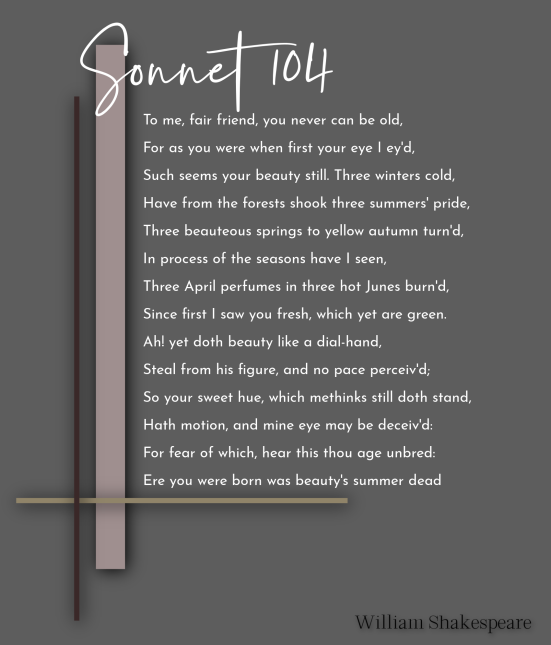 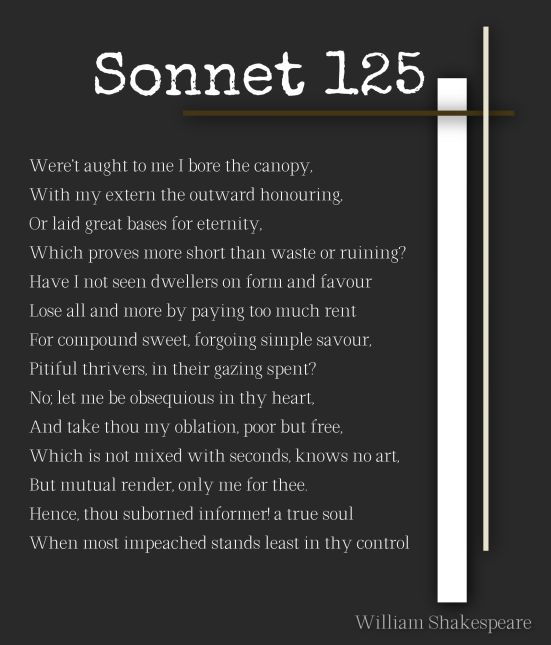 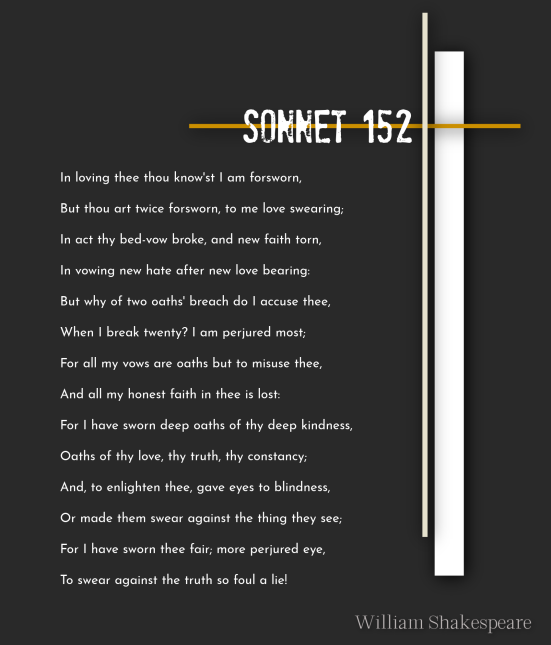 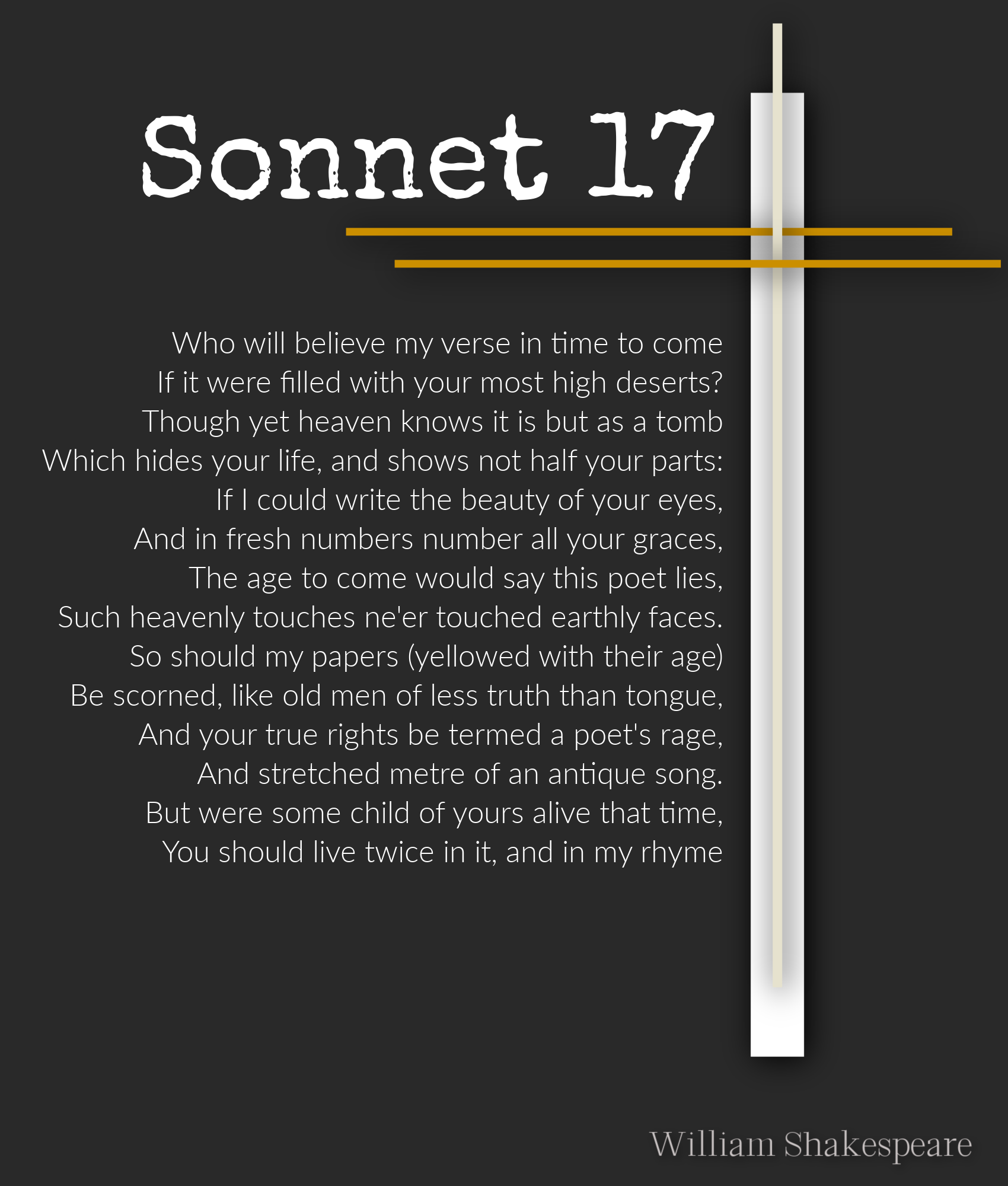 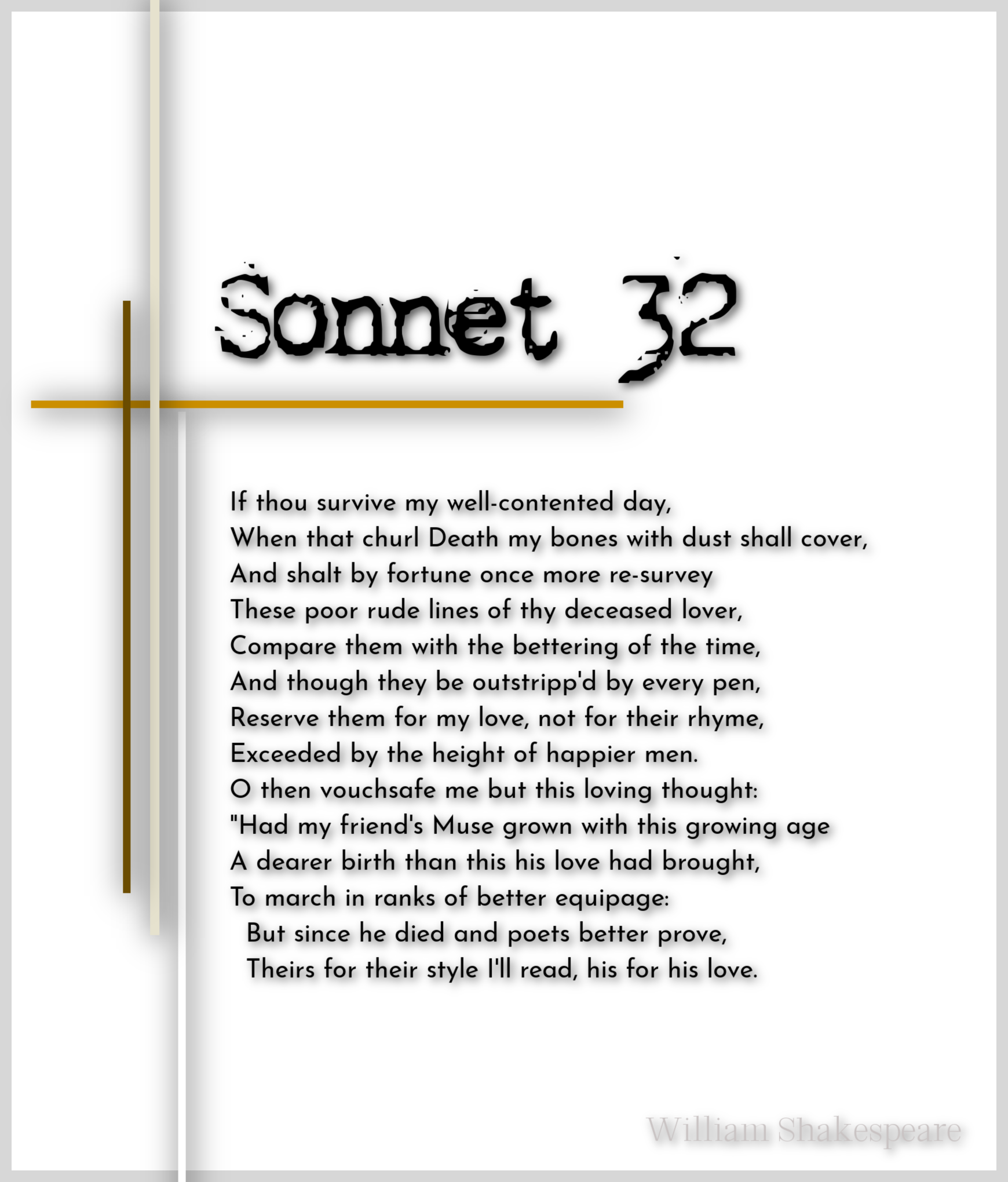 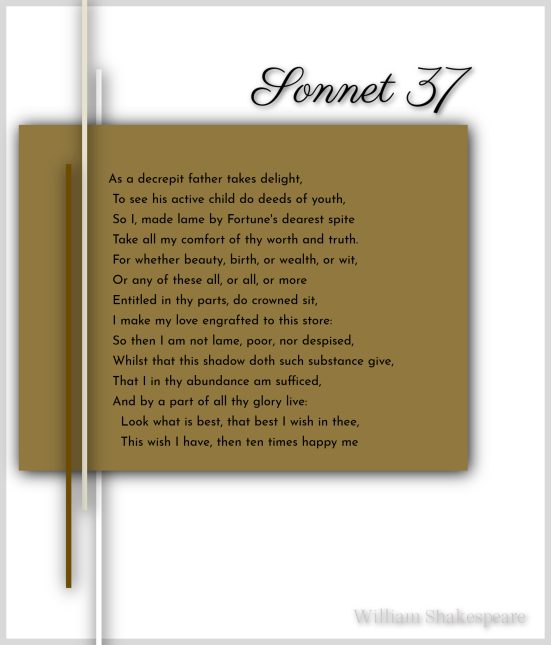 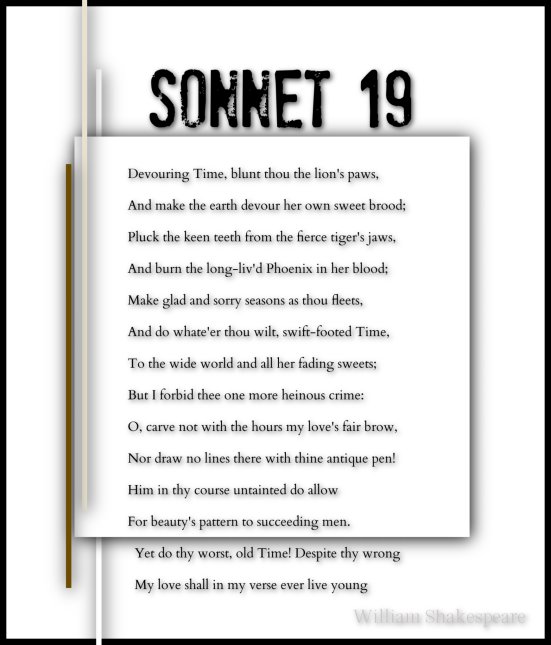 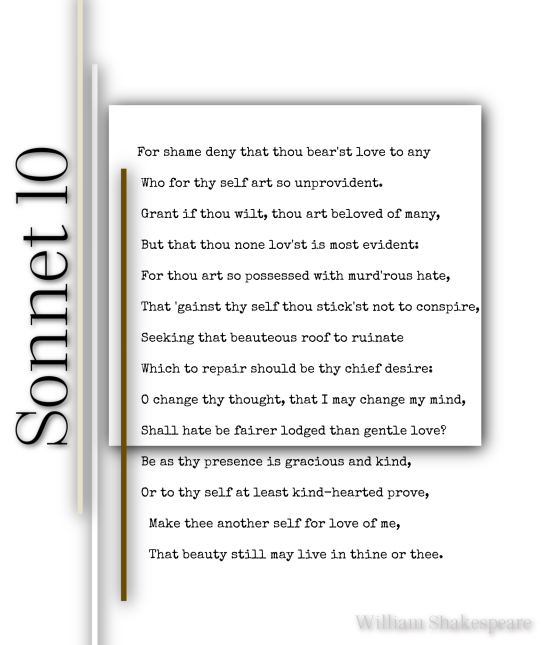 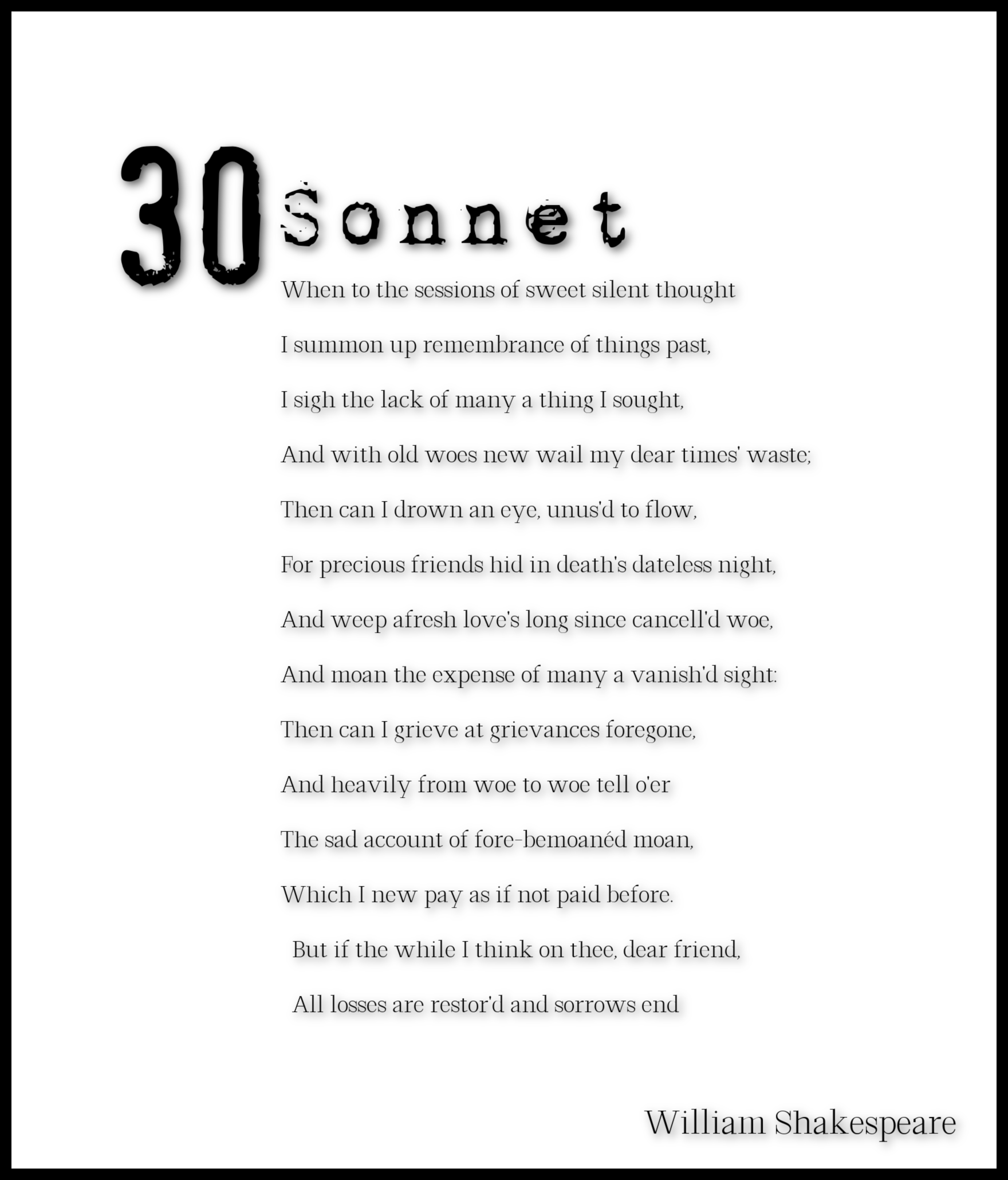 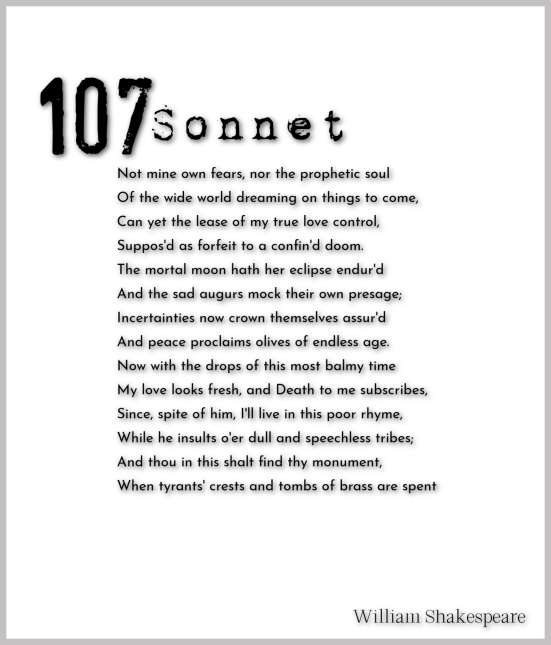 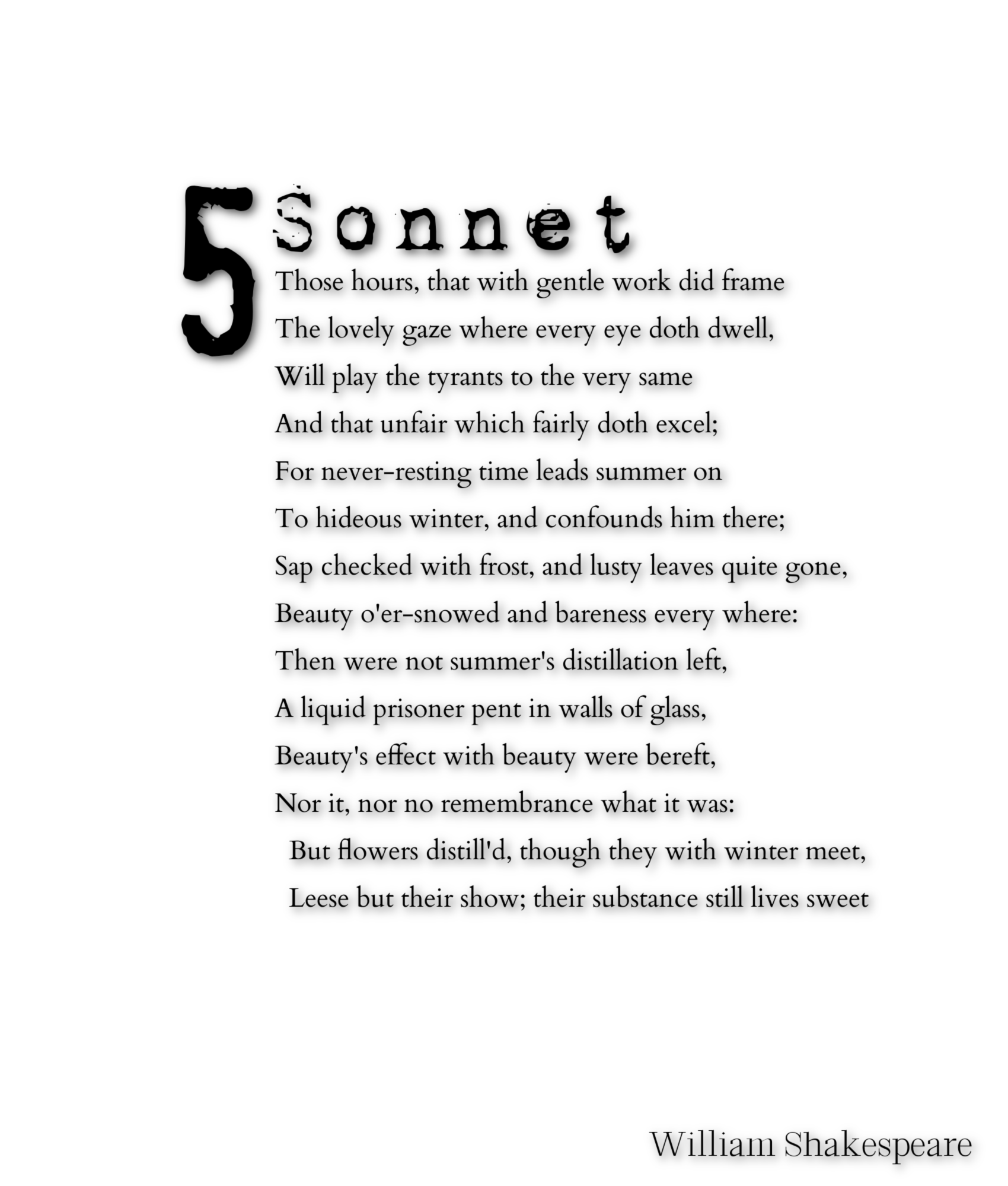 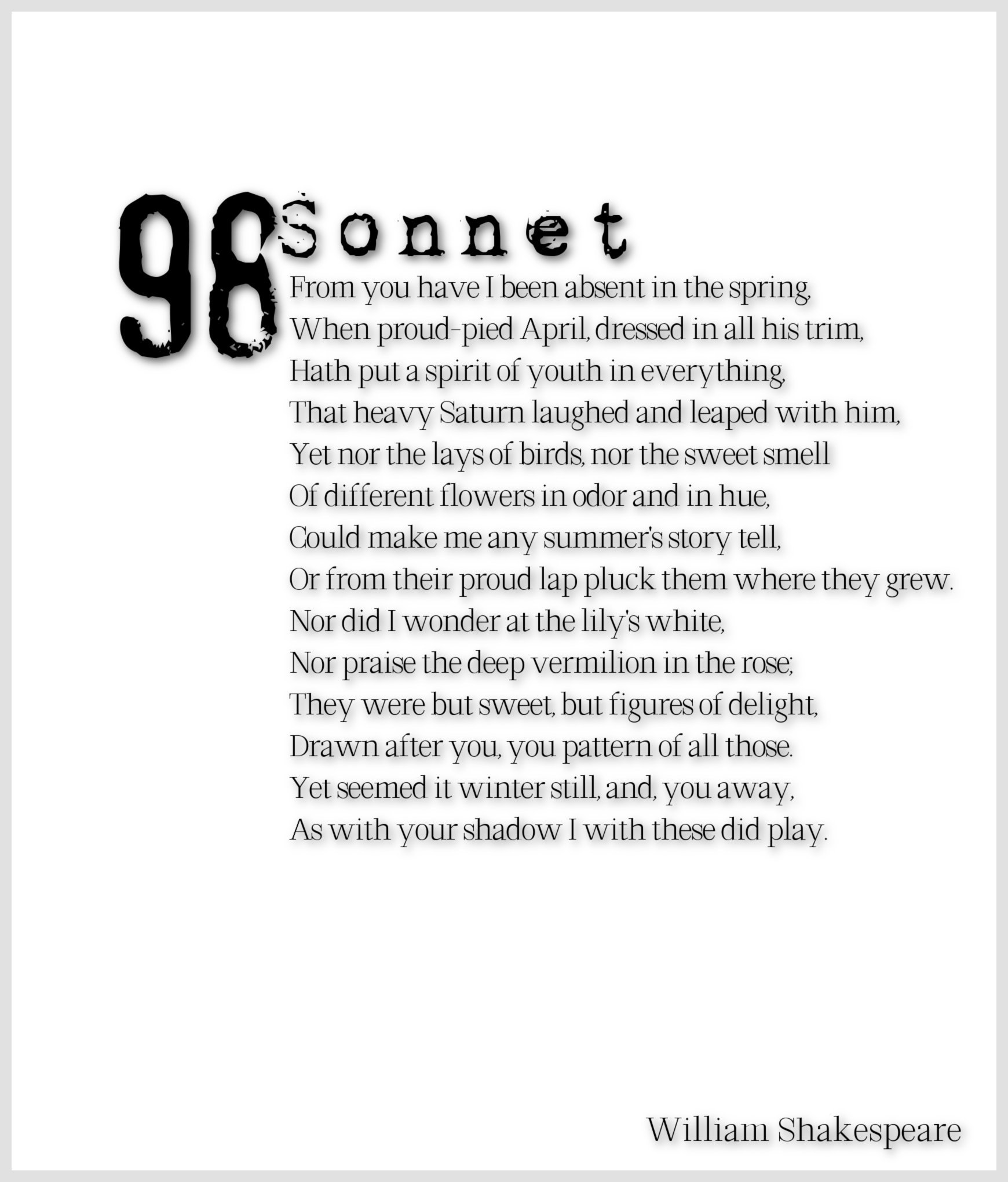 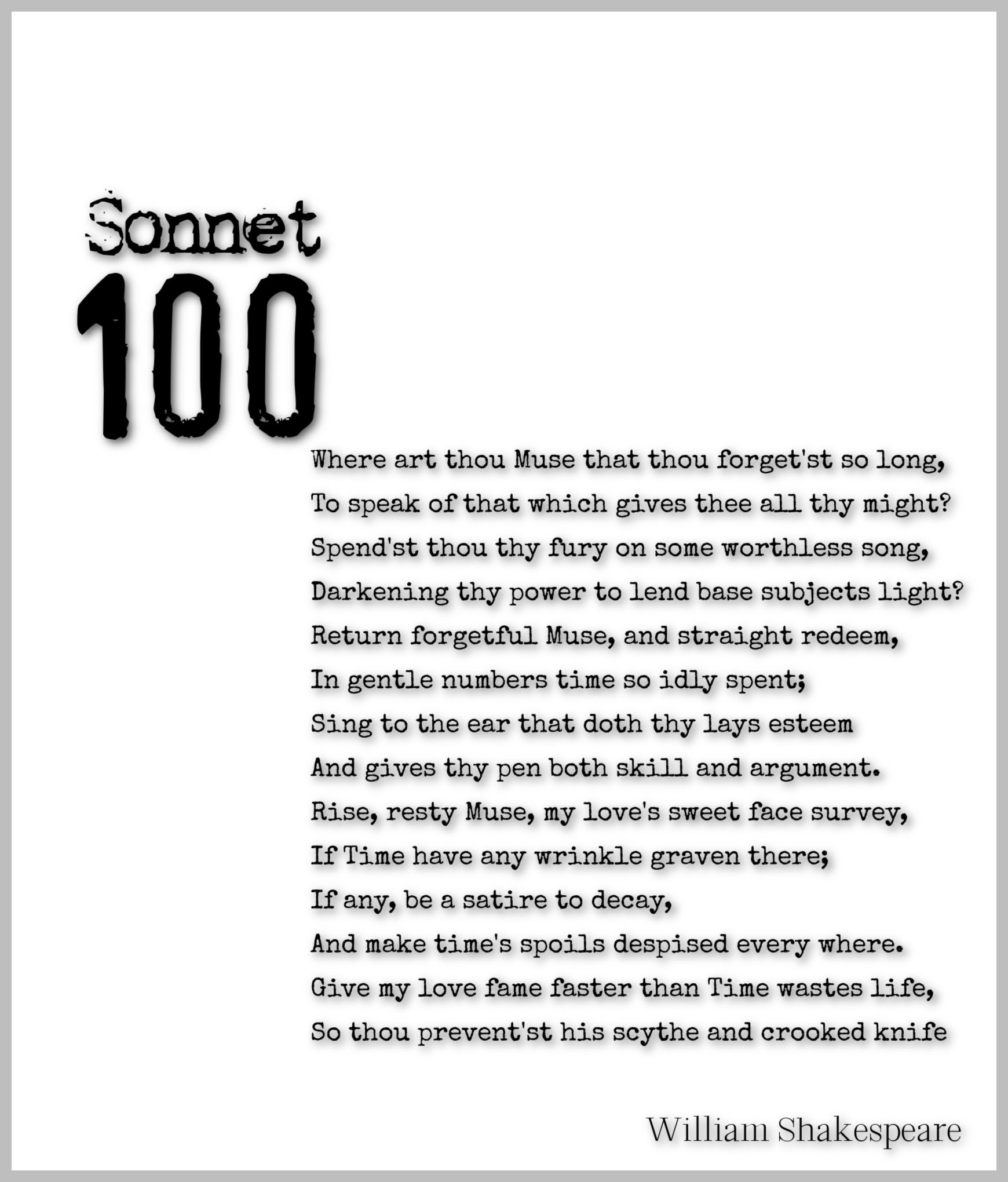 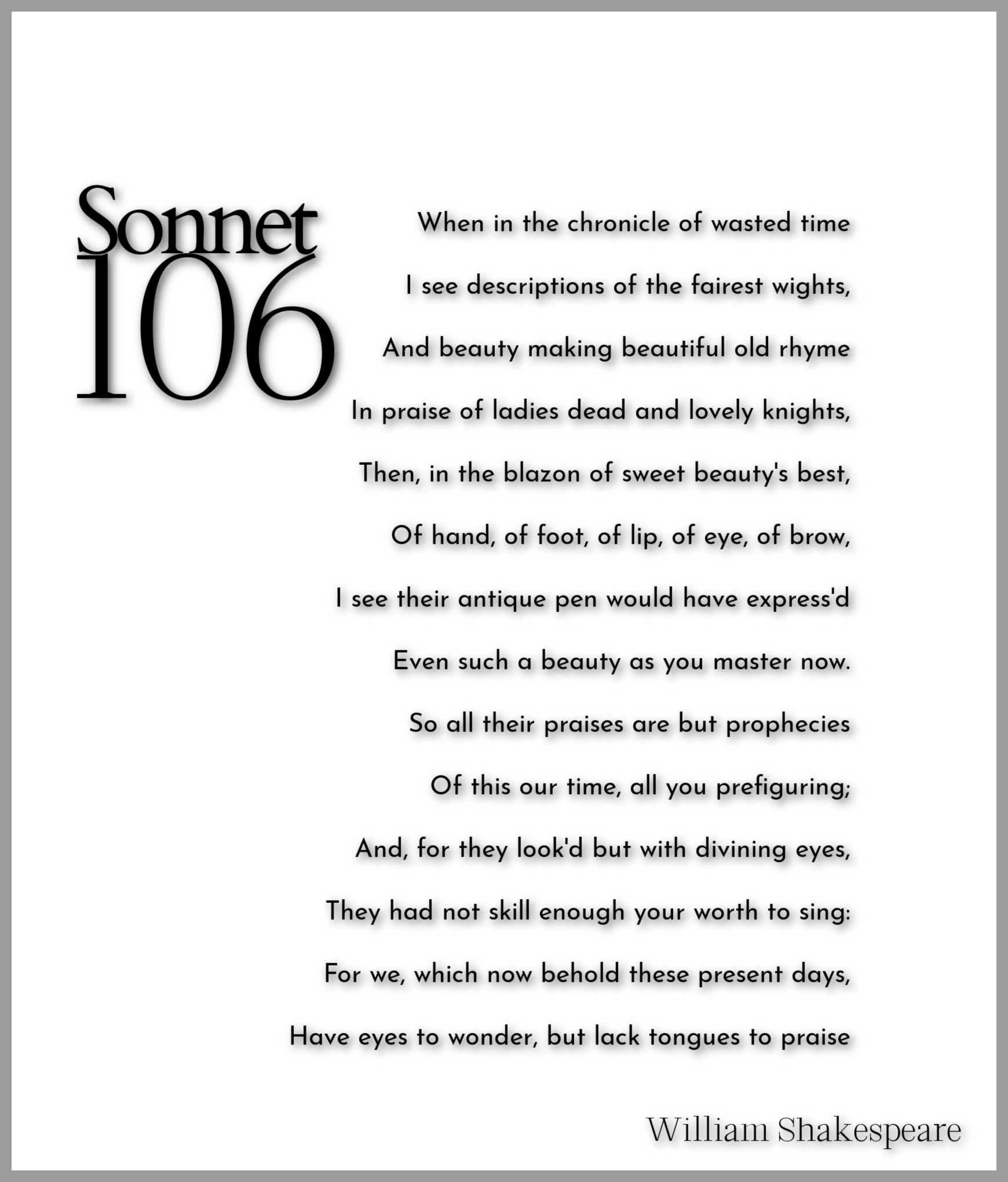 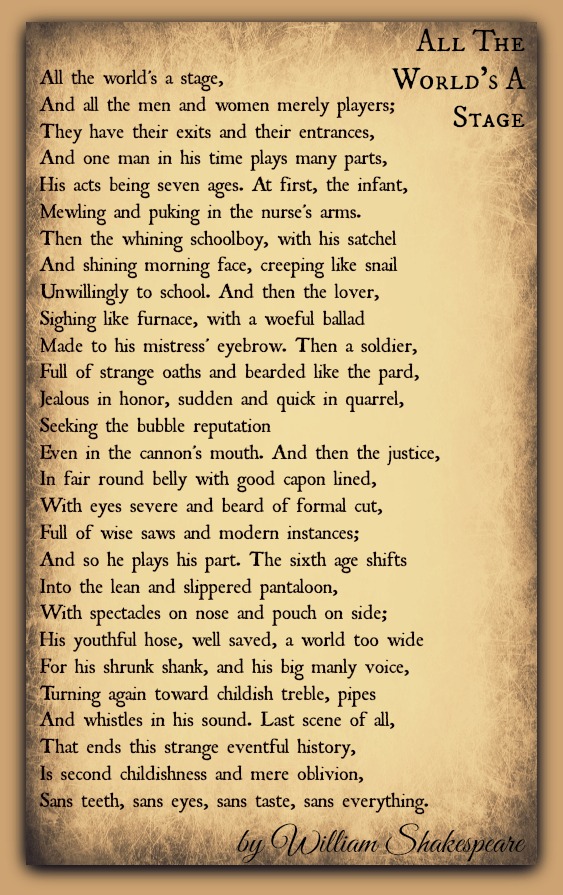 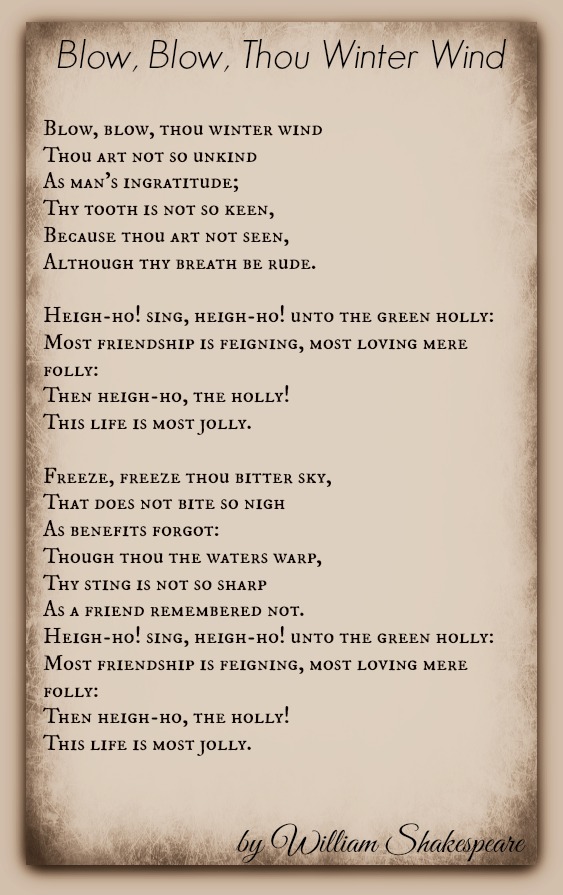 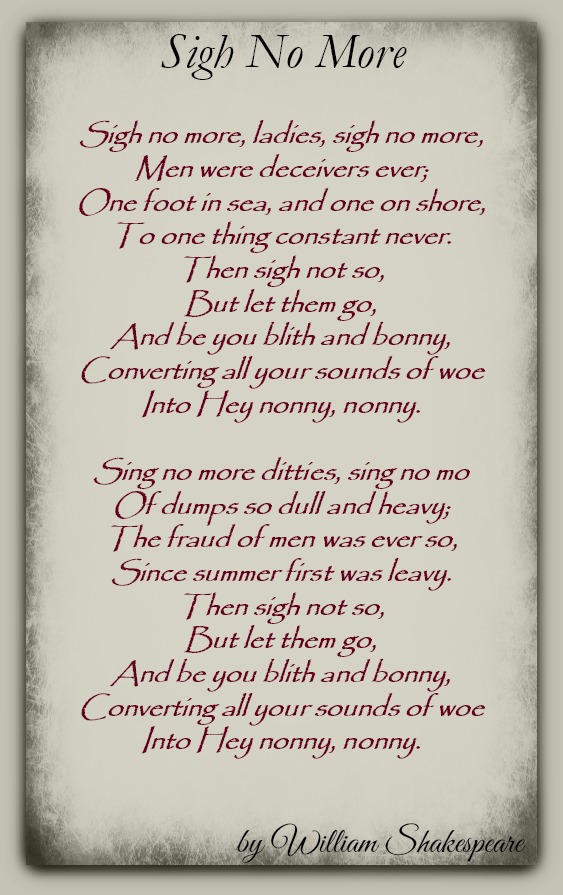 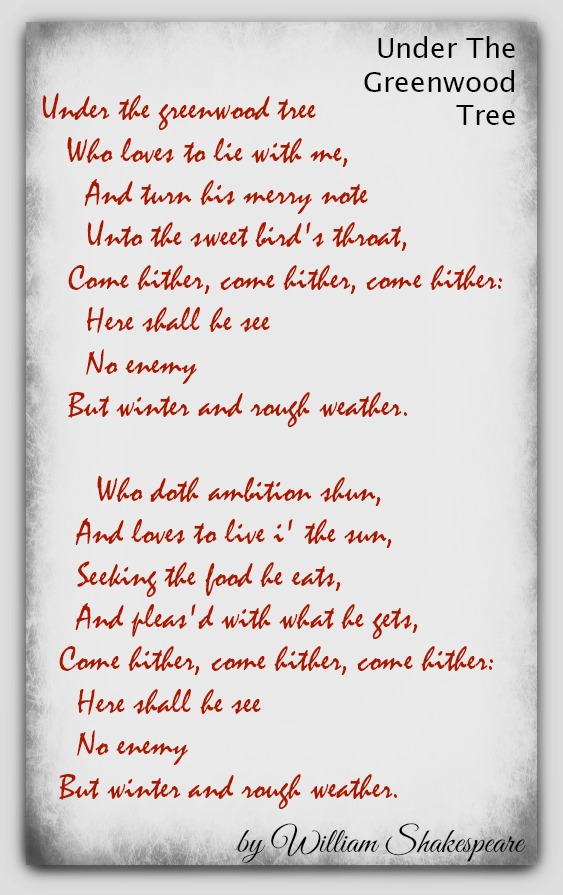 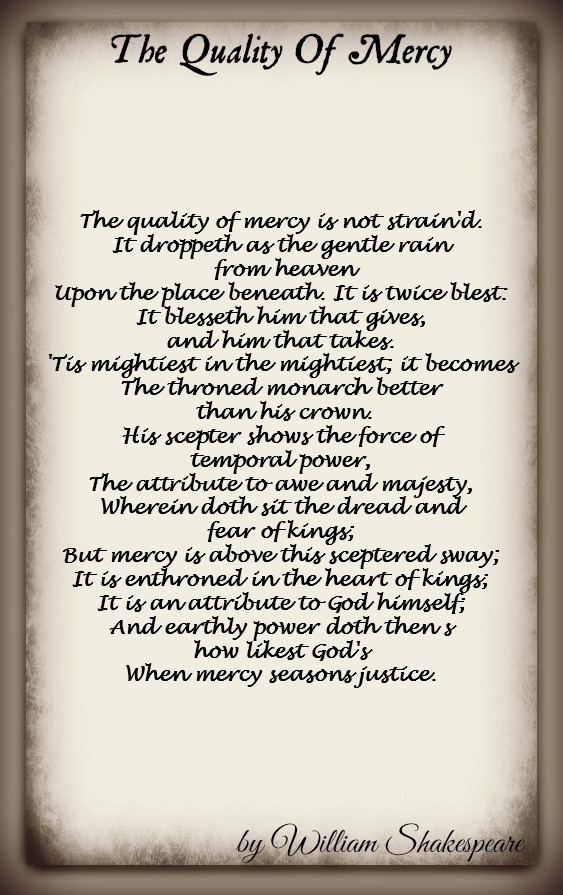 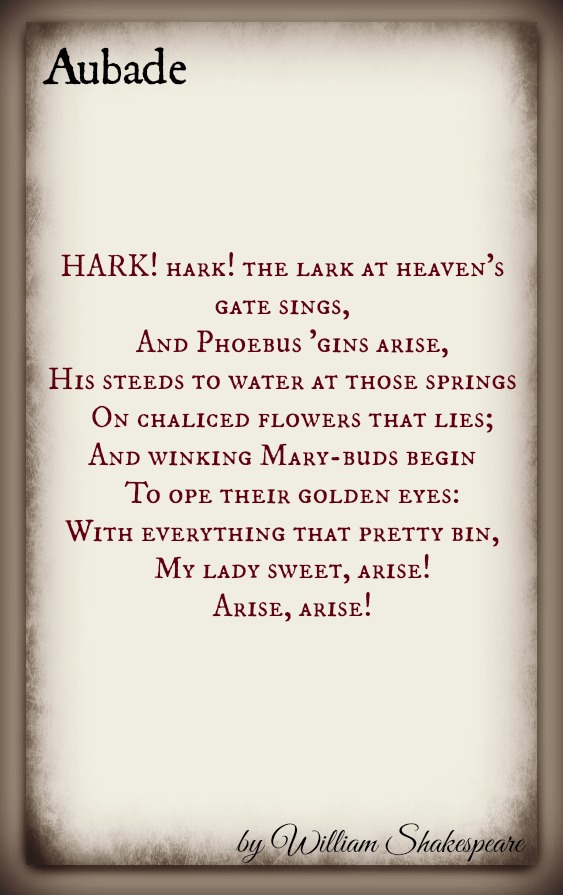 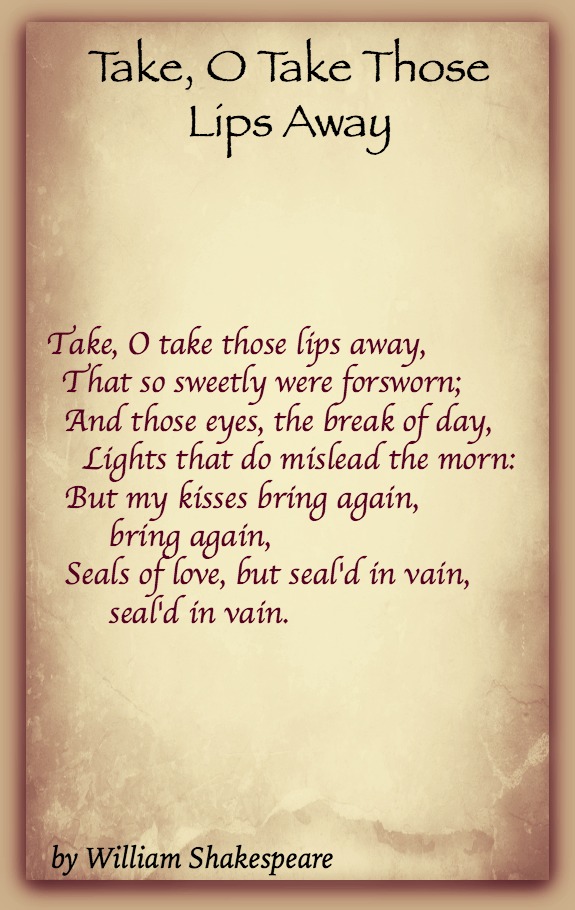 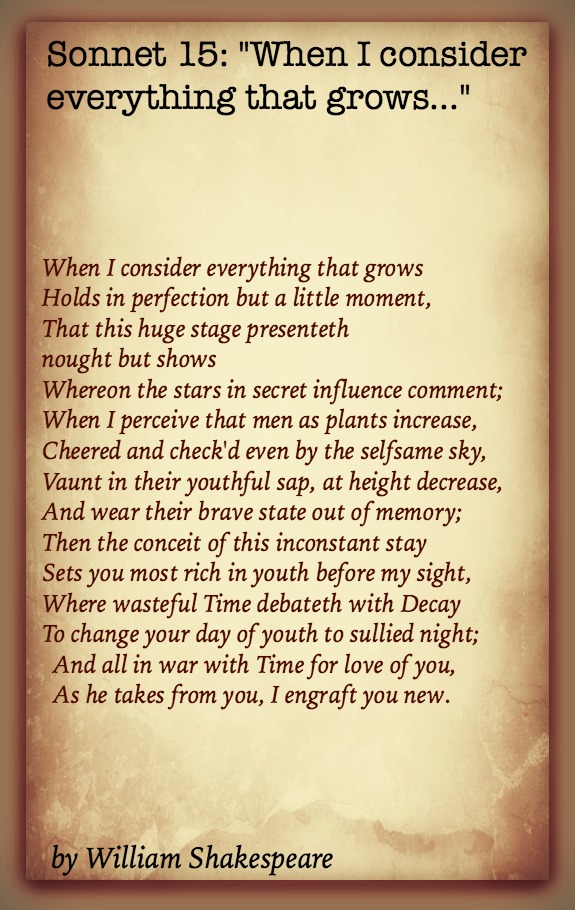 To be, or not to be: that is the question To be, or not to be, that is the question: Whether 'tis nobler in the mind to suffer The slings and arrows of outrageous fortune, Or to take arms against a sea of troubles And by opposing end them. To die—to sleep, No more; and by a sleep to say we end The heart-ache and the thousand natural shocks That flesh is heir to: 'tis a consummation Devoutly to be wish'd. To die, to sleep; To sleep, perchance to dream—ay, there's the rub: For in that sleep of death what dreams may come, When we have shuffled off this mortal coil, Must give us pause—there's the respect That makes calamity of so long life. For who would bear the whips and scorns of time, The oppressor's wrong, the proud man's contumely, The pangs of dispriz'd love, the law's delay, The insolence of office, and the spurns That patient merit of the unworthy takes, When he himself might his quietus make With a bare bodkin? Who would fardels bear, To grunt and sweat under a weary life, But that the dread of something after death, The undiscovered country from whose bourn No traveller returns, puzzles the will, And makes us rather bear those ills we have Than fly to others that we know not of? Thus conscience does make cowards of us all, And thus the native hue of resolution Is sicklied o'er with the pale cast of thought, And enterprises of great pitch and moment With this regard their currents turn awry And lose the name of action. Winter When icicles hang by the wall And Dick the shepherd blows his nail And Tom bears logs into the hall, And milk comes frozen home in pail, When Blood is nipped and ways be foul, Then nightly sings the staring owl, Tu-who; Tu-whit, tu-who: a merry note, While greasy Joan doth keel the pot. When all aloud the wind doth blow, And coughing drowns the parson's saw, And birds sit brooding in the snow, And Marian's nose looks red and raw When roasted crabs hiss in the bowl, Then nightly sings the staring owl, Tu-who; Tu-whit, tu-who: a merry note, While greasy Joan doth keel the pot. Dirge COME away, come away, death, And in sad cypres let me be laid; Fly away, fly away, breath; I am slain by a fair cruel maid. My shroud of white, stuck all with yew, O prepare it! My part of death, no one so true Did share it. Not a flower, not a flower sweet, On my black coffin let there be strown; Not a friend, not a friend greet My poor corse, where my bones shall be thrown: A thousand thousand sighs to save, Lay me, O, where Sad true lover never find my grave To weep there! Sonnet 29: "When, in disgrace with fortune and men's eyes..." When, in disgrace with fortune and men's eyes, I all alone beweep my outcast state And trouble deaf heaven with my bootless cries And look upon myself and curse my fate, Wishing me like to one more rich in hope, Featur'd like him, like him with friends possess'd, Desiring this man's art and that man's scope, With what I most enjoy contented least; Yet in these thoughts myself almost despising, Haply I think on thee, and then my state, Like to the lark at break of day arising From sullen earth, sings hymns at heaven's gate; For thy sweet love remember'd such wealth brings That then I scorn to change my state with kings. Sonnet 94: "They that have power to hurt and will do none..." They that have power to hurt and will do none, That do not do the thing they most do show, Who, moving others, are themselves as stone, Unmoved, cold, and to temptation slow: They rightly do inherit heaven's graces And husband nature's riches from expense; They are the lords and owners of their faces, Others but stewards of their excellence. The summer's flower is to the summer sweet Though to itself it only live and die, But if that flower with base infection meet, The basest weed outbraves his dignity: For sweetest things turn sourest by their deeds; Lilies that fester smell far worse than weeds. Fairy Land II You spotted snakes with double tongue, Thorny hedgehogs, be not seen; Newts and blind-worms, do no wrong; Come not near our fairy queen. Philomel, with melody, Sing in our sweet lullaby; Lulla, lulla, lullaby; lulla, lulla, lullaby! Never harm, Nor spell nor charm, Come our lovely lady nigh; So, good night, with lullaby. Weaving spiders, come not here; Hence, you long-legg'd spinners, hence! Beetles black, approach not near; Worm nor snail, do no offence. Philomel, with melody, Sing in our sweet lullaby; Lulla, lulla, lullaby; lulla, lulla, lullaby! Never harm, Nor spell nor charm, Come our lovely lady nigh; So, good night, with lullaby. Sonnet 146: "Poor soul, the centre of my sinful earth..." Poor soul, the centre of my sinful earth, these rebel powers that thee array, Why dost thou pine within and suffer dearth, Painting thy outward walls so costly gay? Why so large cost, having so short a lease, Dost thou upon thy fading mansion spend? Shall worms, inheritors of this excess, Eat up thy charge? Is this thy body's end? Then soul, live thou upon thy servant's loss And let that pine to aggravate thy store; Buy terms divine in selling hours of dross; Within be fed, without be rich no more. So shalt thou feed on Death, that feeds on men, And, Death once dead, there's no more dying then. Sonnet 30: "When to the sessions of sweet silent thought..." When to the sessions of sweet silent thought I summon up remembrance of things past, I sigh the lack of many a thing I sought, And with old woes new wail my dear times' waste; Then can I drown an eye, unus'd to flow, For precious friends hid in death's dateless night, And weep afresh love's long since cancell'd woe, And moan the expense of many a vanish'd sight: Then can I grieve at grievances foregone, And heavily from woe to woe tell o'er The sad account of fore-bemoanéd moan, Which I new pay as if not paid before. But if the while I think on thee, dear friend, All losses are restor'd and sorrows end. Sonnet 15: "When I consider everything that grows..." When I consider everything that grows Holds in perfection but a little moment, That this huge stage presenteth nought but shows Whereon the stars in secret influence comment; When I perceive that men as plants increase, Cheered and check'd even by the selfsame sky, Vaunt in their youthful sap, at height decrease, And wear their brave state out of memory; Then the conceit of this inconstant stay Sets you most rich in youth before my sight, Where wasteful Time debateth with Decay To change your day of youth to sullied night; And all in war with Time for love of you, As he takes from you, I engraft you new. Sonnet 53: "What is your substance, whereof are you made..." What is your substance, whereof are you made, That millions of strange shadows on you tend? Since everyone hath, everyone, one shade, And you, but one, can every shadow lend. Describe Adonis, and the counterfeit Is poorly imitated after you; On Helen's cheek all art of beauty set, And you in Grecian tires are painted new. Speak of the spring and foison of the year, The one doth shadow of your beauty show, The other as your bounty doth appear; And you in every blessed shape we know. In all external grace you have some part, But you like none, none you, for constant heart. The Phoenix And The Turtle Let the bird of loudest lay On the sole Arabian tree Herald sad and trumpet be, To whose sound chaste wings obey. But thou shrieking harbinger, Foul precurrer of the fiend, Augur of the fever's end, To this troop come thou not near. From this session interdict Every fowl of tyrant wing, Save the eagle, feather'd king; Keep the obsequy so strict. Let the priest in surplice white, That defunctive music can, Be the death-divining swan, Lest the requiem lack his right. And thou treble-dated crow, That thy sable gender mak'st With the breath thou giv'st and tak'st, 'Mongst our mourners shalt thou go. Here the anthem doth commence: Love and constancy is dead; Phoenix and the Turtle fled In a mutual flame from hence. So they lov'd, as love in twain Had the essence but in one; Two distincts, division none: Number there in love was slain. Hearts remote, yet not asunder; Distance and no space was seen 'Twixt this Turtle and his queen: But in them it were a wonder. So between them love did shine That the Turtle saw his right Flaming in the Phoenix' sight: Either was the other's mine. Property was thus appalled That the self was not the same; Single nature's double name Neither two nor one was called. Reason, in itself confounded, Saw division grow together, To themselves yet either neither, Simple were so well compounded; That it cried, "How true a twain Seemeth this concordant one! Love has reason, reason none, If what parts can so remain." Whereupon it made this threne To the Phoenix and the Dove, Co-supremes and stars of love, As chorus to their tragic scene: Beauty, truth, and rarity, Grace in all simplicity, Here enclos'd, in cinders lie. Death is now the Phoenix' nest, And the Turtle's loyal breast To eternity doth rest, Leaving no posterity: 'Twas not their infirmity, It was married chastity. Truth may seem but cannot be; Beauty brag but 'tis not she; Truth and beauty buried be. To this urn let those repair That are either true or fair; For these dead birds sigh a prayer. Dirge Of The Three Queens Urns and odours bring away! Vapours, sighs, darken the day! Our dole more deadly looks than dying; Balms and gums and heavy cheers, Sacred vials fill'd with tears, And clamours through the wild air flying! Come, all sad and solemn shows, That are quick-eyed Pleasure's foes! We convent naught else but woes. Fidele FEAR no more the heat o' the sun, Nor the furious winter's rages; Thou thy worldly task hast done, Home art gone, and ta'en thy wages: Golden lads and girls all must, As chimney-sweepers, come to dust. Fear no more the frown o' the great, Thou art past the tyrant's stroke; Care no more to clothe and eat; To thee the reed is as the oak: The sceptre, learning, physic, must All follow this, and come to dust. Fear no more the lightning-flash, Nor the all-dreaded thunder-stone; Fear not slander, censure rash; Thou hast finish'd joy and moan: All lovers young, all lovers must Consign to thee, and come to dust. No exorciser harm thee! Nor no witchcraft charm thee! Ghost unlaid forbear thee! Nothing ill come near thee! Quiet consummation have; And renowned be thy grave! |
Return To Famous Poets
William Shakespeare Poems
